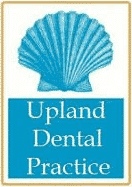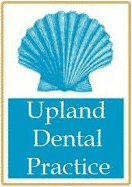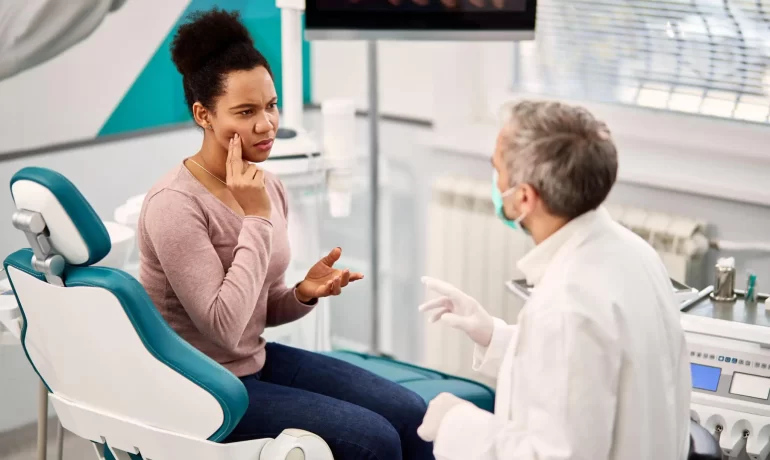What happens when your dental crown suddenly comes off?
Imagine walking on a Monday morning towards work sneakers your toes suddenly popped out from your sneakers. Just like that, your entire schedule throughout the day has been compromised!
But mind you, when a dental crown unexpectedly comes off, it will not only disrupt your daily routine but also raise questions about your oral health.
A lost crown can create challenges beyond eating and speaking. Nonetheless, this article provides practical guidance on what to do next!
How Long Will My Dental Crown Last?
On average, a well-maintained crown can last anywhere from 10 to 15 years. Some crowns, especially those made of stronger materials like porcelain or metal, can even last up to 20 years or more with proper care. However, various factors influence how long a crown will last.
A study investigated factors affecting the survival of tooth-supported single crowns and assessed associated biological and technical complications. It analyzed 1037 crowns in 401 patients over an average of 134.8 months, revealing cumulative survival rates of 89.9% after 5 years and 61.8% after 20 years.
Based on the study, factors that significantly increased crown failure include:
- Anterior placement
- Non-vital abutment
- Bruxism
The common question is, can a crown be fixed or replaced?
Replacing Dental Crowns: What You Need to Know
When a dental crown falls off, there are several options to address this issue. If the crown is intact and in good condition, your dentist in Upland California may be able to clean it and re-cement it back onto the tooth.
This is a quick and cost-effective solution, provided the underlying tooth structure is still healthy. However, if the crown is damaged, it will need to be replaced with a new one.
In some cases, reusing the crown is not advised, especially if the tooth has decayed or undergone changes since the crown was placed. If the underlying tooth is too damaged, more extensive treatment may be needed, such as replacing the crown after additional repairs or even performing a root canal.
For a broken tooth beneath the crown, the dentist will assess how much of the tooth is salvageable. If enough structure remains, the tooth can be restored with a new crown. If not, alternative solutions, like dental implants or bridges, might be necessary. In some situations, restoring a tooth without a crown could involve using dental bonding or veneers, depending on the severity of the damage and the location of the tooth.
What to Do Immediately After Losing a Crown
The last thing you want to do after your crown falls off is to panic. If it comes off unexpectedly, retrieve the crown immediately, carefully rinse it with water, and put it in clean storage.
Don’t try to reattach it using household glue or attempt to re-cement the crown with other adhesives. While you may do the reattaching yourself with over-the-counter dental cement or dental adhesive, we still highly recommend visiting your nearest dentist.
Even if you manage to reattach it, you should still contact your dentist as soon as possible. This should only be a temporary solution until expert help becomes available.
In the meantime, avoid chewing on the affected side of your mouth and stay away from hard, sticky, or very hot or cold foods, as they could further damage the exposed tooth or cause pain.
How long should you wait until you put your dislodged crown back?
There isn’t a universally fixed time, but most dentists wouldn’t want you to wait longer than two
The longer you wait, the higher the risk of the tooth becoming compromised.
See an Upland Dentist for Your Peace of Mind
Losing a crown—whether temporary or permanent—isn’t something you want to take for granted.
For temporary crowns, which often come loose due to weaker adhesives, you can temporarily reattach the crown with over-the-counter dental cement until your dentist can see you. But this should be done with extreme caution.
With permanent crowns, the situation is more complicated than you think, and it’s important to visit your dentist for expert help. If you cannot see a dentist immediately, avoid hard, sticky, or crunchy foods.
In emergency situations such as trauma causing significant pain, bleeding, or a cracked tooth, don’t wait to seek medical attention.
If your dentist is unavailable, visit an urgent care center or contact our dentist at Upland Dental Practice for advice on the next steps.


